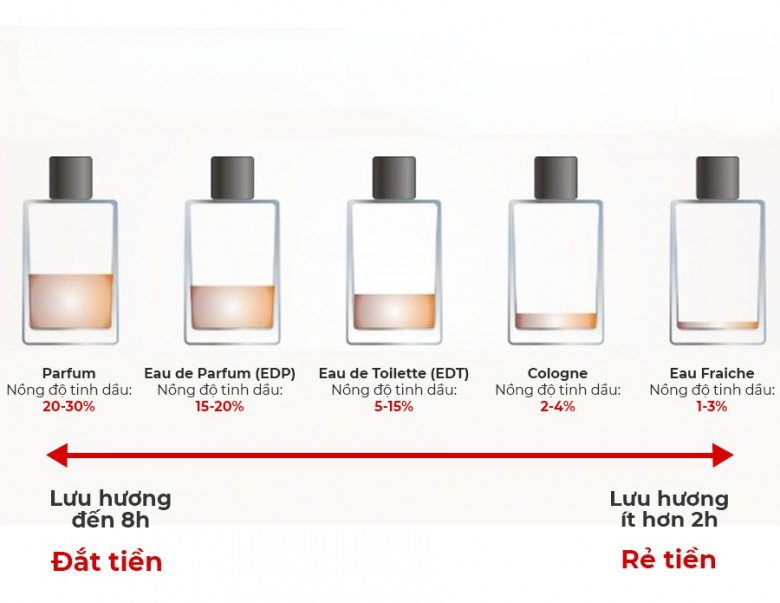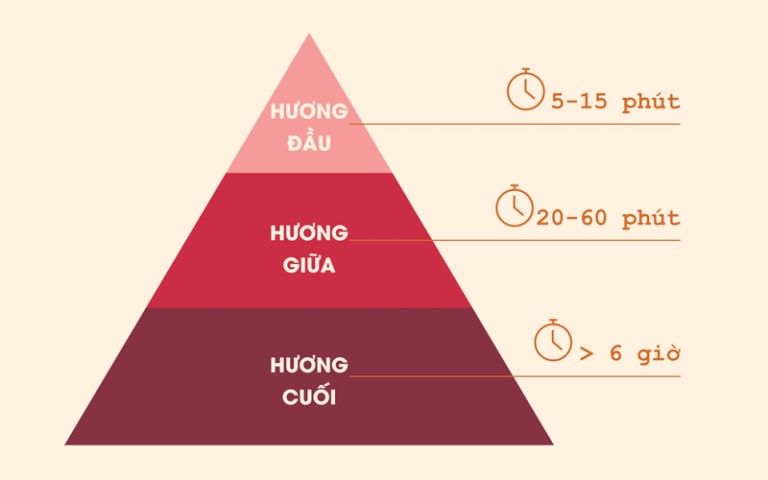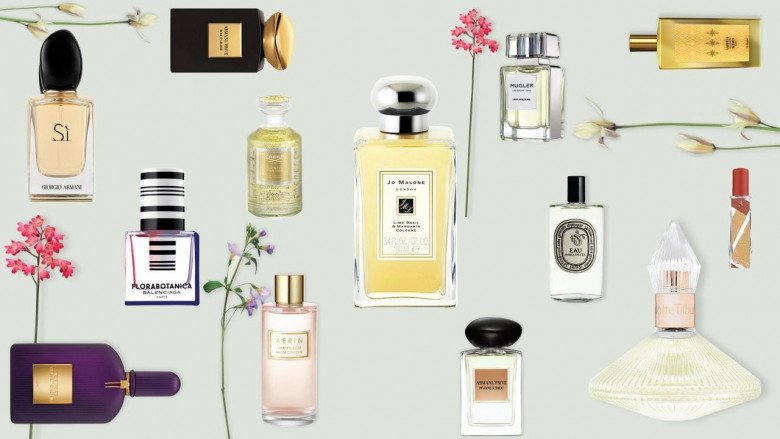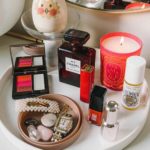**1. Understanding Fragrance Concentration:**
Fragrance concentration determines the percentage of perfume oil in a fragrance and how long it lasts on your skin. Different types of perfumes have different concentrations, and the higher the concentration, the longer the scent lasts. Here are the common types:

– **Parfum (20 – 30%):** The most concentrated and usually the most expensive type. It has an intense scent that can last up to 8-12 hours.
– **Eau de Parfum – EDP (15 – 20%):** Offers good fragrance longevity, typically lasting 4-6 hours, sometimes longer. It’s suitable for outdoor activities and open spaces.
– **Eau de Toilette – EDT (5 – 15%):** These fragrances have a medium sillage and last for about 4-7 hours. EDTs are often more affordable and perfect for daily use, with a light and captivating scent.
– **Eau de Cologne – EDC (3 – 8%):** Contains a lower concentration of perfume oil, lasting around 3-4 hours. It’s characterized by a fresh, natural scent, ideal for those who prefer a subtle fragrance, especially in tropical environments.
– **Eau Fraîche (<3%):** The most diluted type with the lowest longevity, lasting only 1-3 hours. It's perfect for reapplying throughout the day.
**2. Understanding Fragrance Notes:**
Fragrance notes refer to the different scents you perceive as a perfume dries down on your skin. A well-constructed perfume has three layers of notes:

– **Top Notes:** The initial impression of a perfume, lasting 5-10 minutes. They are strong and captivating but evaporate quickly.
– **Heart Notes:** The “heart” of the perfume, lasting 20-60 minutes. These notes provide a deeper fragrance experience and give the perfume its unique character.
– **Base Notes:** The deepest and longest-lasting notes, up to 2-6 hours. They are rich, intense, and leave a lasting impression, becoming the scent associated with you.
**3. Types of Perfumes:**
There are three main types of perfumes:

– **Designer Perfumes:** Created by fashion brands like Chanel, Gucci, and YSL. They are produced in large quantities, often with crowd-pleasing scents, and are more affordable.
– **Niche Perfumes:** These are unique, small-batch perfumes with exclusive formulas that cater to individual emotions. They are less accessible to the masses and tend to be more expensive.
– **Indie Perfumes:** Indie perfumes operate independently, offering unusual and distinctive scents. They are a breath of fresh air for those seeking a truly one-of-a-kind fragrance experience.
**4. Perfume Terminology:**
To navigate the world of perfume reviews and news, here are some essential terms:
– **Blind Buy:** Purchasing a perfume without smelling it first, based on reviews and descriptions. This is common for limited editions or pre-orders.
– **Clone/Dupe:** A perfume that closely resembles a popular fragrance, offering a similar scent at a lower price point (60-80% similarity).
– **Dry Down:** The final stage of a perfume’s evolution when it blends with your body chemistry, revealing the full character of the fragrance.































